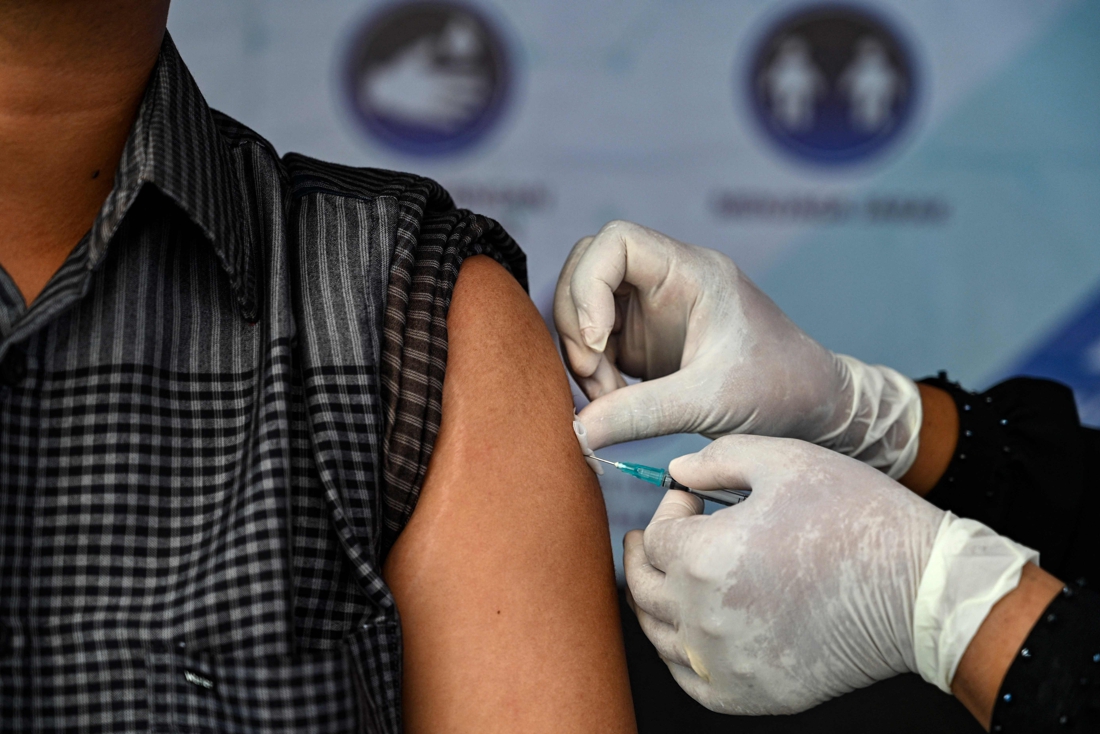Some cancer patients make fewer antibodies after two doses of a corona vaccine than healthy people. This is according to a study at the University Hospital Antwerp. The side effects after vaccination are in line with the reports in healthy people.
–
In February, a study started in 200 cancer patients who were vaccinated with the BioNTech-Pfizer vaccine. Researchers at the UZA wanted to find out whether the vaccines are equally effective in cancer patients, who are faced with a reduced immunity due to their illness and treatment. In addition, it was studied whether cancer patients run a higher risk of (serious) side effects of the vaccines.
The first results are now known. “The results of the study indicate in the first place that the side effects of the vaccine in patients undergoing cancer treatment are completely in line with the reports made by healthy people,” says Marc Peeters, head of oncology department.
There is, however, a difference in how the vaccine works. “As far as the immune response is concerned, we see that the amount of antibodies produced in some patients is less than in healthy people after two doses of the vaccine,” says Peeters. “Antibodies are produced in most patients after the first injection, but do not increase in all groups of patients after the second injection.”
Depending on the treatment
There are clear differences between patients, depending on their treatment therapy. Almost all patients undergoing hormone therapy, immunotherapy or targeted therapy have normal production of antibodies. However, a normal antibody response is seen in only slightly more than half of patients on chemotherapy and even in only a third of patients with blood cancer.
The researchers are now investigating whether cancer patients would benefit from a third vaccine dose. “The recently started Tri-VOICE study is therefore studying the effect of a third dose of the vaccine, approximately six months after the first injection, on the antibodies. Further research will show whether they produce a larger amount of antibodies in this way,” says Sciensano researcher Mieke Goossens.
– .


